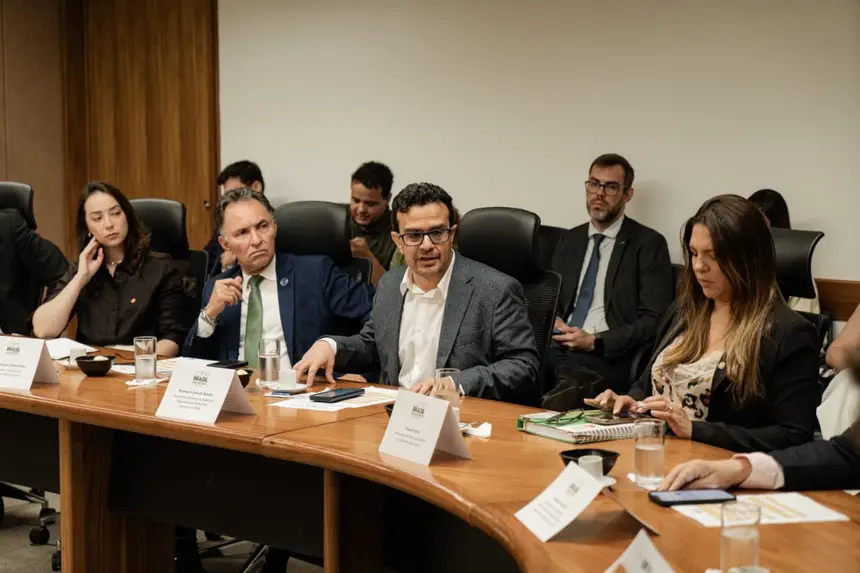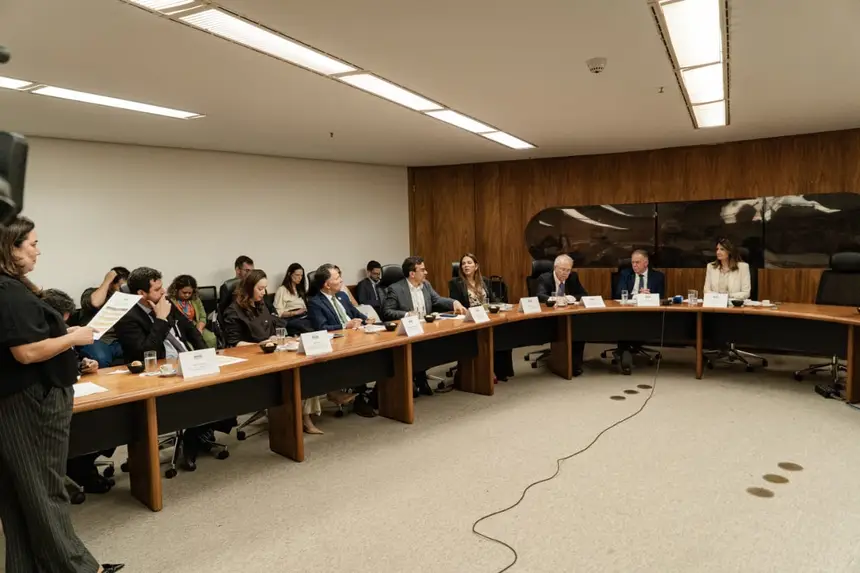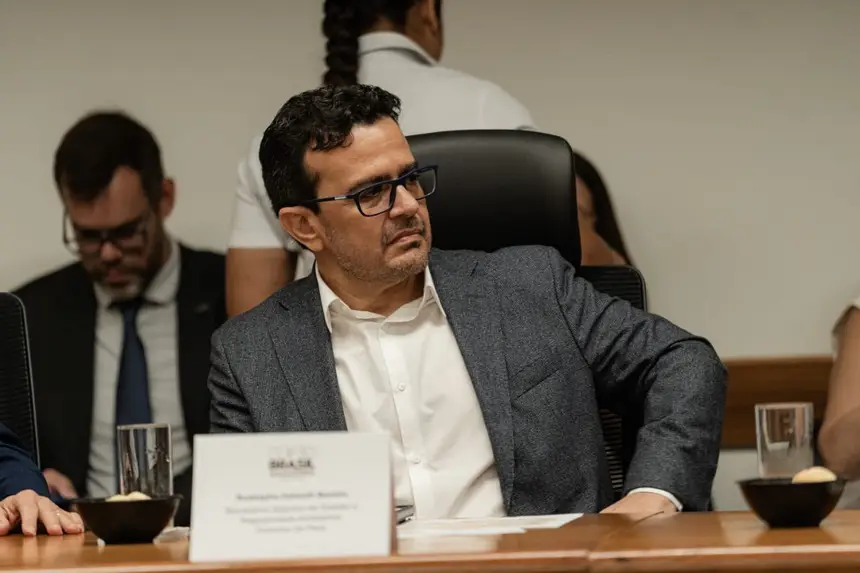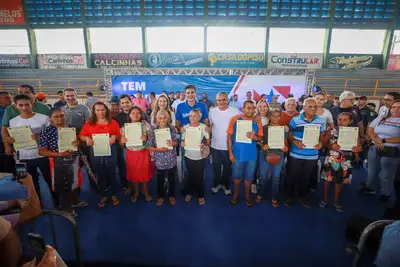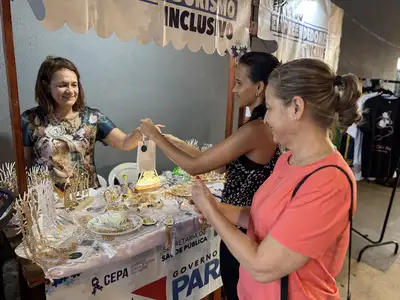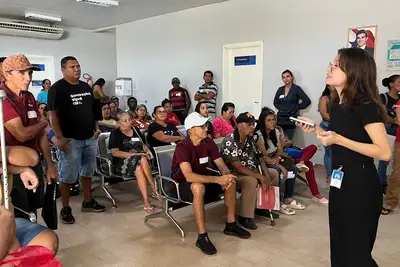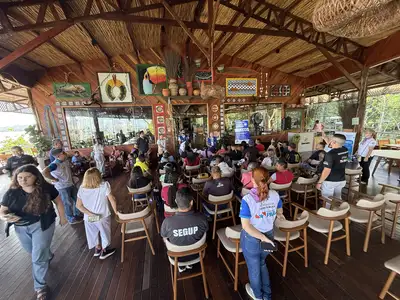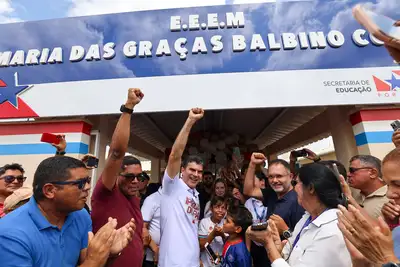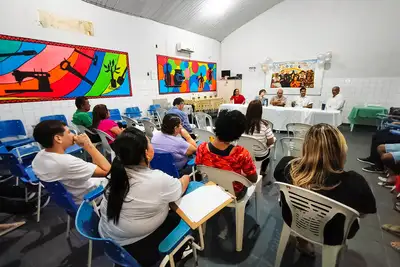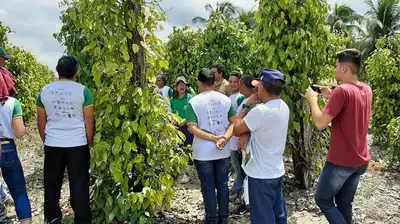CAR mobilizations by the Government of Pará inspire the federal government and gain prominence in a meeting with the presidency of COP30
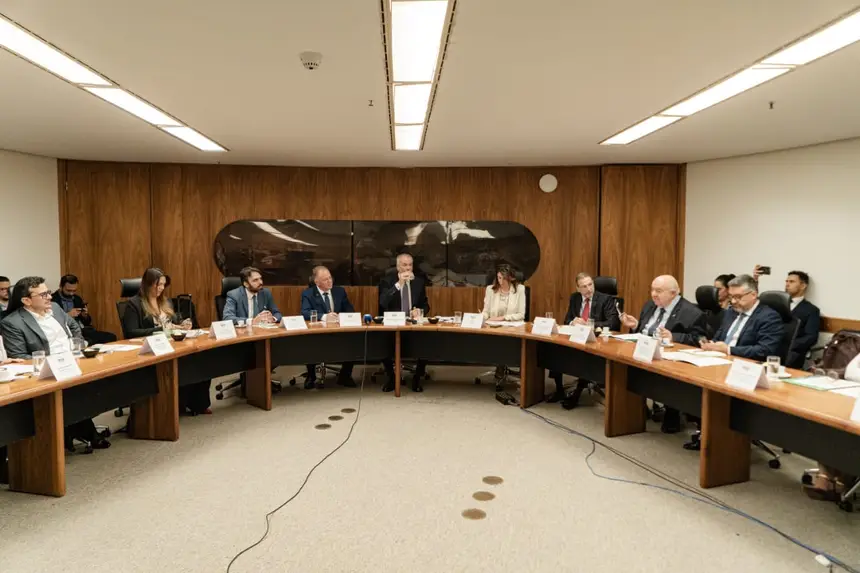
The pioneering efforts of the Government of Pará in conducting mobilizations for the analysis and validation of the Rural Environmental Registry (CAR) were highlighted at an official event of the presidency of the 30th United Nations Conference on Climate Change (COP30), held this Friday (31) in Brasília. The Pará initiative, which accelerated the validation of registrations and expanded socio-environmental inclusion in the countryside, has begun to inspire new actions from the federal government and other Brazilian states within the Forest Code Mobilization — an action coordinated by the Ministry of Management and Innovation in Public Services (MGI), the Brazilian Forest Service, and the presidency of COP30.
The Deputy Secretary of Environmental Management and Regularity of the Secretariat of Environment, Climate and Sustainability (Semas), Rodolpho Zahluth Bastos, represented Pará at the meeting, at the invitation of the presidency of COP30, led by Ana Toni, National Secretary for Climate Change of the Ministry of Environment and Climate Change (MMA) and CEO of COP30, and by Ambassador André Corrêa do Lago, Secretary of Climate, Energy and Environment of the Ministry of Foreign Affairs (MRE) and president of the conference.
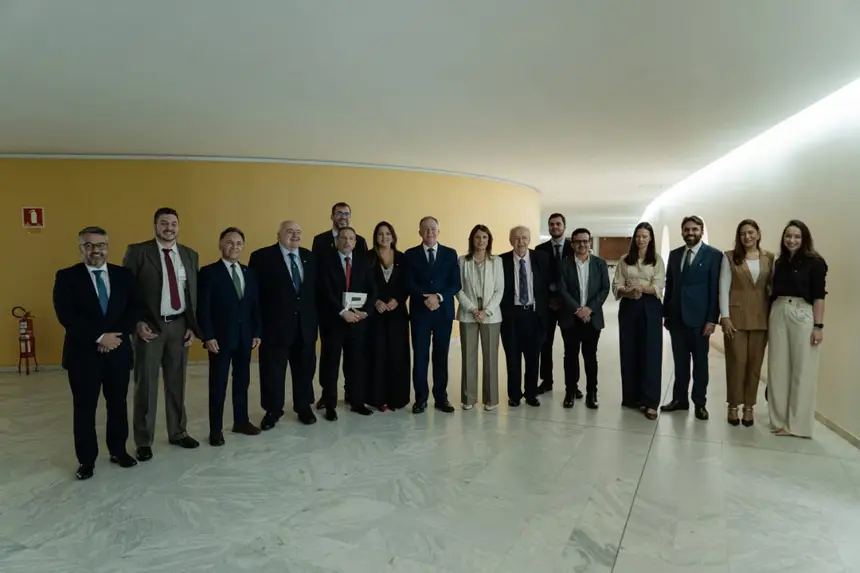
The event marked the delivery of the Biomes Letters and the launch of the Forest Code Mobilization, bringing together representatives from state governments and environmental institutions. Attendees included the Governor of Espírito Santo, Renato Casagrande; the Secretary of Sustainable Development of Paraná, Rafael Greca; the Secretary of Environment and Infrastructure of Rio Grande do Sul, Marjorie Kauffman; as well as Francisco Gaetani, Extraordinary Secretary for State Transformation (MGI), and Marcus Vinicius da Silva Alves, Deputy Director-General of the Brazilian Forest Service.
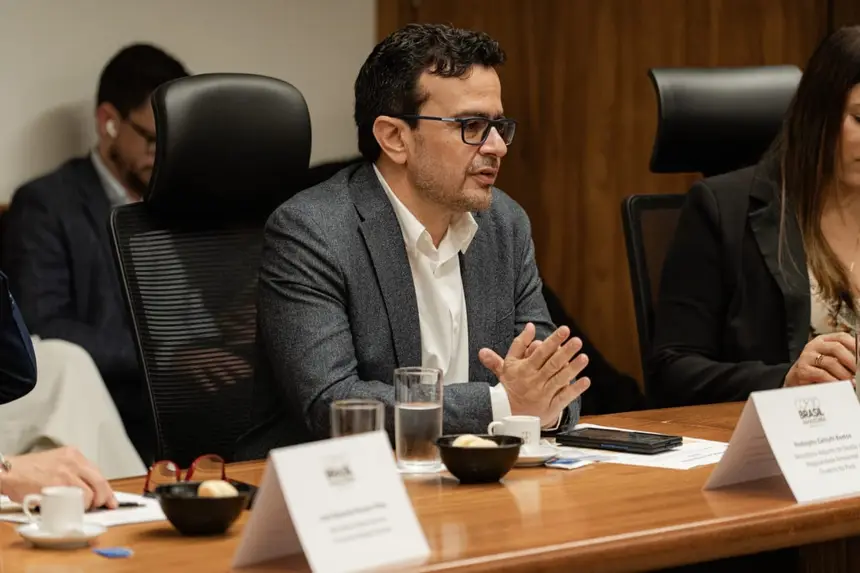
“Pará was a pioneer in adopting a practical and inclusive approach to tackle the CAR challenge. Today, the mobilizations are recognized as an efficient public policy that combines agility, transparency, and social inclusion,” highlighted Rodolpho Zahluth Bastos. “It is gratifying to see that our work is inspiring other regions of Brazil and serving as a reference for actions at the federal level,” he added.
Since 2021, the CAR mobilizations have been fundamental for advancing environmental regularization in the State, ensuring the validation of 10 million hectares and consolidating the Regulariza Pará Program — an initiative that promotes the inclusion of farmers and family producers in environmental and productive regularization processes.
“The CAR is the gateway for producers to access public policies and sustainable credit. With the mobilizations, we bring the government closer to the communities and accelerate an essential process for economic development aligned with environmental preservation,” Bastos reinforced.
The event in Brasília also marked the conclusion of the Biomes Pre-COPs, regional conferences held in the five main Brazilian biomes — Atlantic Forest, Caatinga, Cerrado, Pantanal, and Pampa — and symbolized the beginning of a new phase of national mobilization aimed at the effective implementation of the Forest Code.


